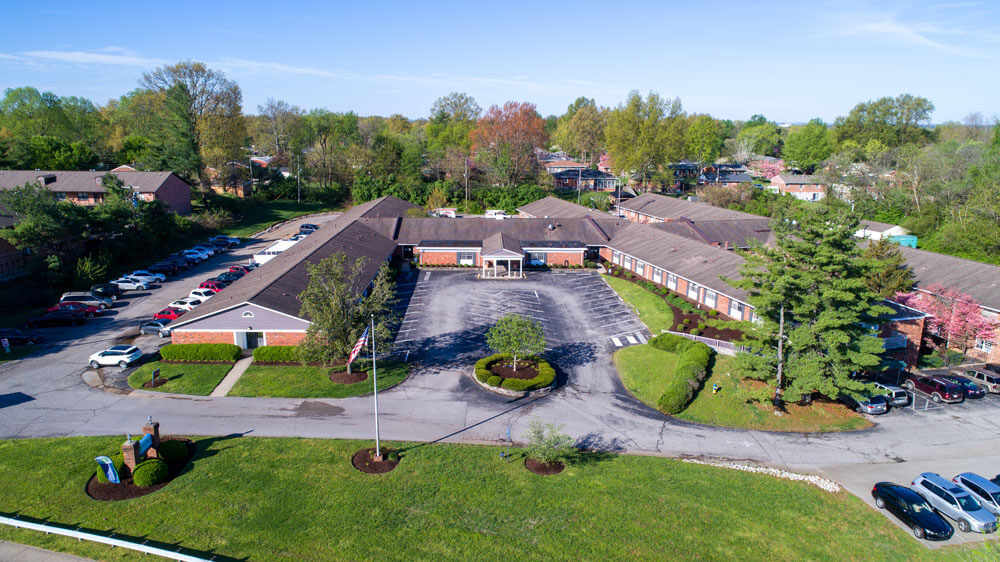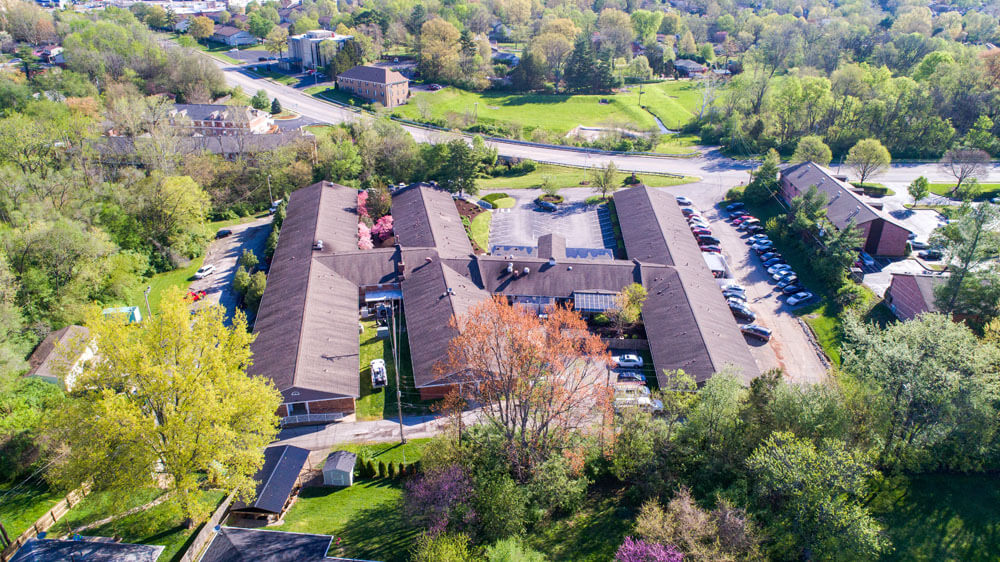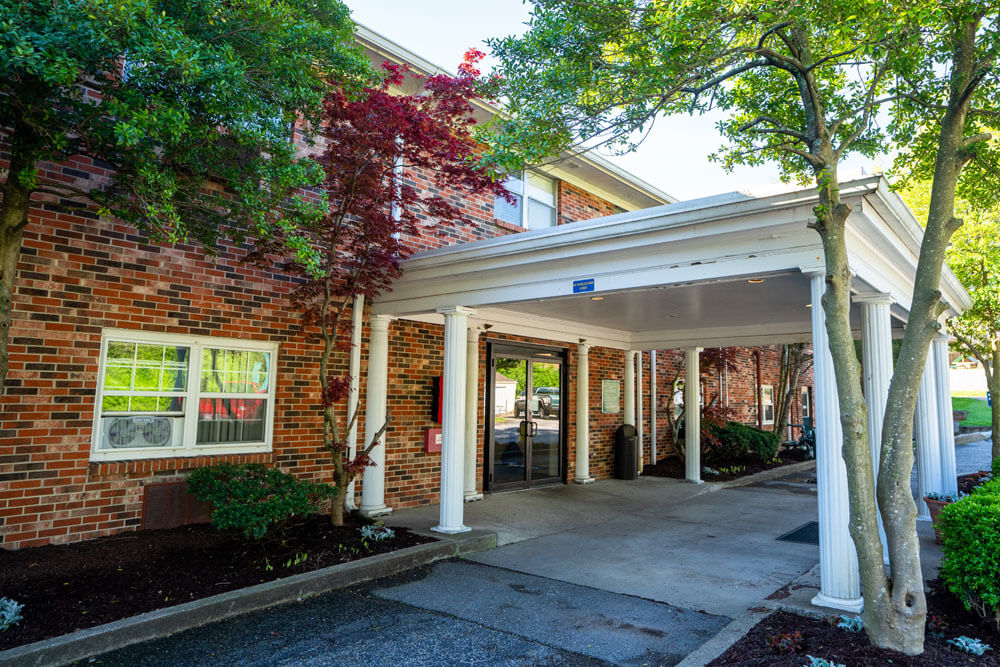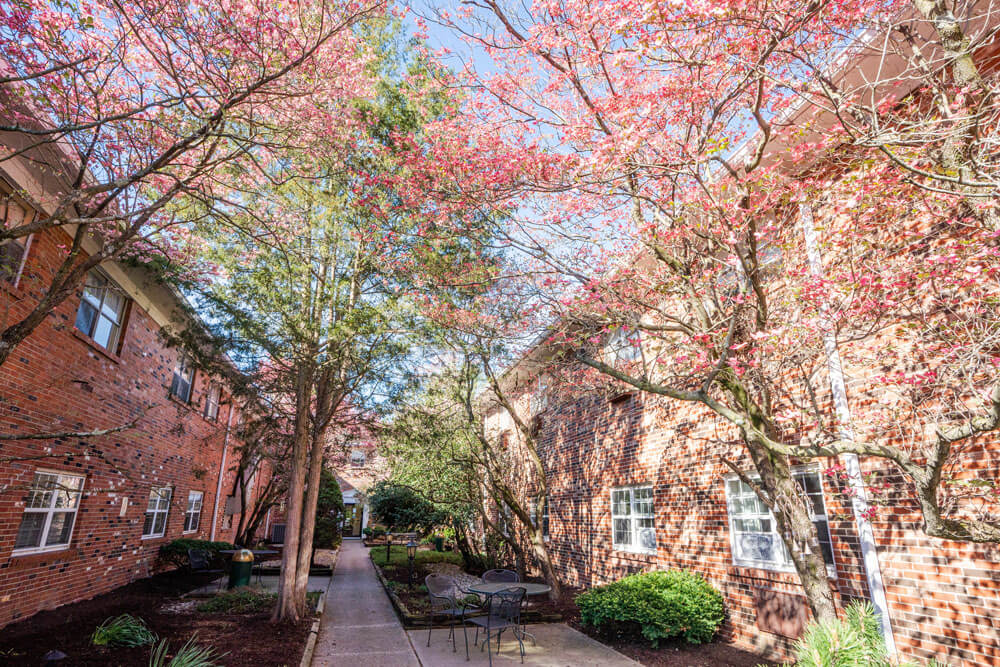Almost 3% of the US population was 65 or older in 2019, and this number is expected to increase. As more and more of our friends and families become seniors, many of us will have to make choices.
Can we let them stay at home? Do they need more assistance than we can offer? What kind of care do they need?
If somebody has needs beyond what we can offer, the time has come to move them into a long-term care facility. However, there are different types of facilities based on different needs.
When it comes to memory care vs. assisted living, for instance, which is better? We’ll talk more about that in this article.
What is Assisted Living?
Assisted living facilities are best for those who are mostly capable of taking care of themselves, but may need a bit of daily help. They may need assistance bathing or getting dressed. They may forget their medications sometimes, but they can reasonably be left to their own devices for a while.
Assisted living can mean that the person is allowed to keep their pets, provided they are still able to care for them. There are also activities and features designed to improve the quality of life of residents, such as libraries, or barbershops.
What is Memory Care?
Memory care is far more specialized than assisted living. While assisted living is open to people with various daily needs, memory care is designed specifically for people living with dementia of some kind.
There are a few different kinds of dementia, and you may have heard of several of them. The most well-known is Alzheimer’s, but there’s also Lewy Body Dementia, Parkinson’s Dementia, and a few others.
The biggest benefits of memory care are the special steps taken specifically to help dementia patients.
Facilities and Transitioning
What are the practical differences between memory care vs assisted living facilities? Sometimes, there aren’t many. There are many assisted living facilities that have a portion of the facility dedicated to memory care.
The unfortunate truth is that people with dementia don’t often improve. Many people transition from assisted living to memory care as their dementia worsens.
Staff and Staff Training at Memory Care Facilities
In most cases, there are a few significant differences between the two types of care. Those working in memory care are often better trained than the staff at assisted living facilities.
Dementia is a complicated issue, and it requires specialized training to deal with. Staff members at memory care facilities require ongoing training over time as new information and ideas emerge surrounding dementia.
There’s also the issue of safety when it comes to dementia. Dementia is often far worse than just memory loss. Dementia patients can become uncoordinated as their condition worsens.
Deteriorating memory can also lead to behaviors. For example, when a person loses their ability to recognize people, they often react the way they would with a stranger. Any stranger that tries to touch them, lift them or otherwise disturb them might be dangerous, so they may try to defend themselves.
Building Design
One difference between memory care and assisted living is the building design. Memory care facilities will often use paint colors and flooring to help with navigation.
Memory care buildings have large windows so that patients can benefit from natural lighting. Common areas are large and very easy to find, and the rooms may be a bit smaller than those at assisted living facilities.
Rooms in memory care facilities often lack a kitchen, since the tools and appliances may become dangerous as dementia progresses. Since dementia targets the brain, all five senses can be affected. When touch is affected, temperature sensitivity is often decreased, which makes the sufferer far more likely to burn themselves.
Both types of facilities often have gardens, but the gardens in memory care units will have more secure fencing to keep residents from wandering away.
Prices and Treatments
Memory care tends to be more expensive than assisted living, but it also offers far more treatments and therapies. The therapies at memory care facilities often have a few different focuses.
The first, and primary focus is to help residents maintain the highest level of independence possibly. The second goal is to help residents stay calm and engaged.
Meal Plans
Both memory care and assisted living facilities offer nutritious meal plans and give their residents several foods to choose from. The biggest difference is that memory care often serves food that is specifically linked to increased memory and brain functions.
The food in memory care facilities often comes in the form of finger food so that residents can still eat even if their condition is in an advanced state. In many cases, dementia will cause a person to struggle with utensils and memory care facilities are prepared for this.
Memory Care vs. Assisted Living
Those who wonder about memory care vs. assisted living have come to the right place. We’ve discussed the biggest differences in this article and the smaller ones may differ from one case to the next.
If you want to know more about long-term care facilities or are searching for one please visit our site. Feel free to contact us if you want to know more about us and the facilities we manage.







